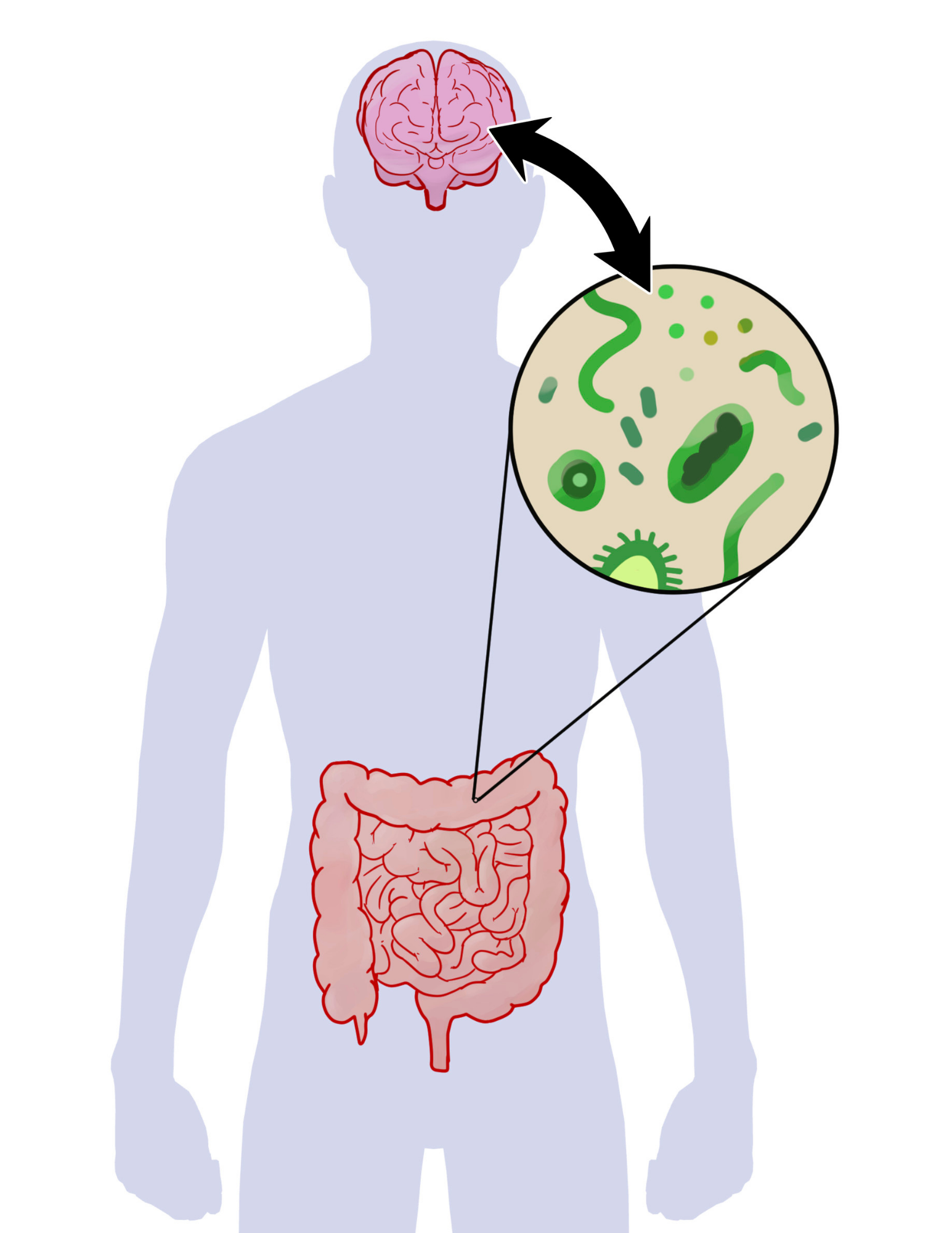Are Hidden Chemicals in Your Food Packaging Harming Your Health?
More than 10,000 chemicals are still approved for use in food and food packaging materials in the United States, and many of them may be doing more harm than good. A growing body of research shows that many of these chemicals are endocrine disruptors, meaning they interfere with your body’s hormonal systems. These disruptions can contribute to a wide range of health problems, including developmental, reproductive, neurological, and immune disorders. Where Are These Chemicals Found? These harmful substances often hide in everyday items like: Plastic bottles (disposable and reusable) The linings of canned foods Cosmetics and personal care products Detergents and cleaning products Toys Thermal paper receipts Food packaging and wrappers Chemicals to Avoid in Plastics Here are some of the most concerning chemicals still commonly used: Phthalates: Found in...











